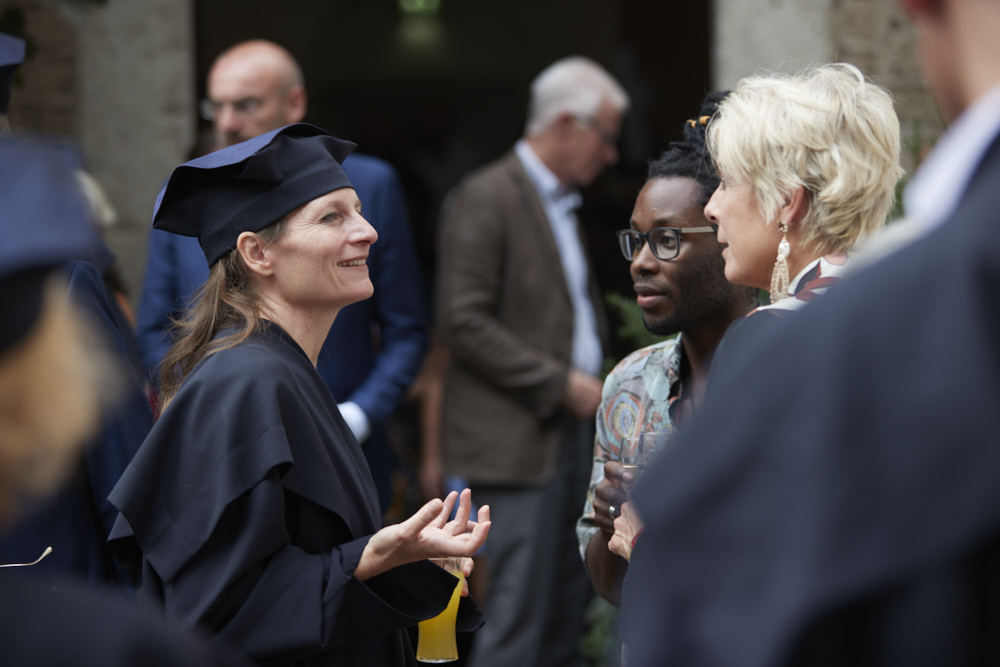‘How can people on welfare lead a dignified life?’

Professor Thomas Kampen discusses the connecting power of the research he is conducting together with assistant Professor Melissa Sebrechts.
“There has been a lot of controversy about the way social services treat people on social assistance. People have been given heavy fines for relatively minor offences, such as receiving groceries from a family member or, as was recently the case, selling too many items on the online market place. In our research, we look at why such harsh decisions are made in practice. This is partly due to policy, but it is also due to the way in which that policy is implemented. What happens in the interaction between social assistance recipients and social services consultants?
During an earlier study, we repeatedly heard from people on social assistance that they did not feel seen or known by the consultants, and we began to wonder what kind of people actually work at the social services department. We started shadowing consultants to understand their work, and we saw that they are not at all as bureaucratic as they seemed. Now we are focusing on the interaction to understand the dynamics on both sides. In this way, we are trying to gain insight into how to ensure that people on social assistance are not unnecessarily hurt and can lead a dignified life, and how to ensure that social assistance is implemented fairly.
Together with three municipalities, we are looking at the conversations that their social services have with people on social assistance. We attend the conversations to see how people respond to each other and what issues are discussed. We try to make use of the knowledge of people on social assistance, not just by collecting stories and forming opinions, but by having them interviewed by experts with personal experience, because they know better which questions are important and can ask probing questions. This leads to new insights. We then discuss the results with social organisations, consultants, experts by experience and social assistance recipients. In this way, we connect knowledge with practice.
The fact that relations between consultants and social assistance recipients are so difficult is certainly related to the stigma associated with social assistance. The idea is that people will look for work more quickly if you give them little money. That is a misconception. Keeping people on the poverty line only leads to stigmatisation by those around them. Poverty prevents people from making long-term plans, which also makes the transition to work more complicated.
It is often very basic things that can make a difference. For example, if people are informed in advance about the content of the meeting they are going to have with social services, they have a better idea of what to expect.”


